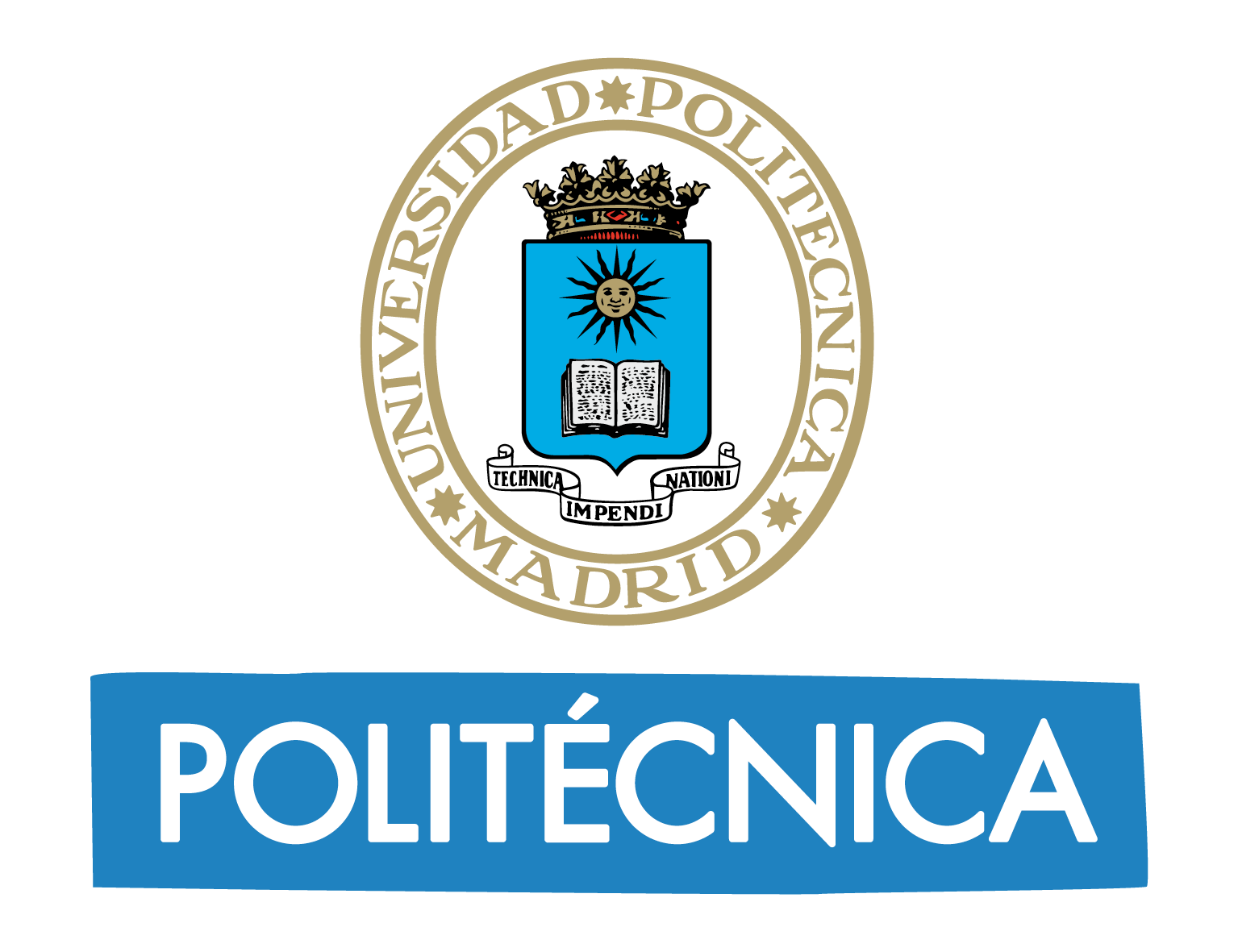UPM bestows Barbara Liskov, pioneer in computer science research
The Universidad Politécnica de Madrid (UPM) awarded an honorary doctorate to Barbara Liskov, one of the of the world's leading authorities on computer language and system design. She was also awarded with the A.M.Turing Award.
11.06.18
Known not only for her excellent profesional career, but also as a pioneer researcher in computer science in a time in which there were no women in that field, Professor Barbara Liskov received the doctorate honoris causa by the Universidad Politécnica de Madrid (UPM). Her exceptional achievements as computer scientist and her commitment to education is “an example four our students and a magister for our faculties”, said the rector Guillermo Cisneros during the ceremony hold at the Paraninfo of UPM.
Professor Liskov has had an important role in promoting the incorporation of women to university careers and professions in the STEAM (Science, Technology, Engineering, Architecture and Mathematics) field, explained Marta Patiño, Professor in the School of Computer Sciences, who delivered the laudatio.
.jpg)
“With her example, Professor Liskov has contribuited to many other women having followed that path and chosen computer sciencie studies and career development in this field”, pointed out Marta Patiño.
“It is a great honor to receive a doctorate honoris causa from the Universidad Politécnica de Madrid”, said Barbara Liskov. The new Doctor Honoris Causa was born in the USA, California. In 1961 she graduated in Mathematics at the University of California, Berkeley. She is a professor at the Massachusetts Institute of Technology (MIT) in the Electrical and Computer Engineering Department.
In her gratitude speech, she presented some of her research and told about how she get her career. Interested first in math and science, this turned out to computer systems and programming, when she began working atMitre Corporation, a non-profit american organization.
Later, she returned to Standford University, continuing her studies to do her Ph.D. in Artificial Intelligence (IA). Liskov was the first American female awarded with a Ph.D. from a computer science department. Her thesis, entitled “A Program to Play Chess Endgames”, was developed under the supervision of Professor John McCarthy (1968). However, she soon found out her preference for computer systems rather tan IA.
Once finished her thesis, she joined again Mitre. It is at this stage when the experience in the development of programs leads her to make her first contributions in the field of programming languages and program design, including the Venus sharing operating system. “A challenge at that time”, stated Marta Patiño.
The Venus Project “was the turning point for me”, said Liskov. When she completed the Project, Mitre asked her to look into the “software crises”, and “this is where my career really took off”. “Getting computers to do useful things is difficult. Software systems are huge -millions of lines of code- and they do complicated things”.
.jpg)
In 1972, Barbara Liskov joined the MIT. Since then, along with a students group, she has led many significant projects. Liskov’s early innovations in software design have been the basis of important programming languages, including the design and implementation of CLU and ARGUS programming languages. IN 1993, together with Jeanette Wing, she published the “Liskov substitution principle”. Subsequently, her research has been focused on security and fault tolerance in distributed systems, especially relevant in the area of Byzantine Fault-tolerance. From this experience results, her research is recognized for helping make software more reliable and resistant to errors and hacking.
Barbara Liskov has published more tan 100 papers in the most relevant Turing conferences and computer journals in the areas of distributed systems, operating systems, programming languages and programming methodology. For these contributions she received the ACM Turing Award in 2008 and the IEEE John von Newman Medal in 2004, among other awards. She is member of the National Academy of Arts and Sciences.
This honorary degree is included in the celebration of the 40th anniversary of university studies in Spain.


